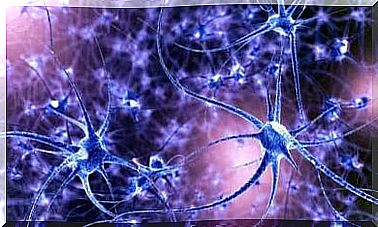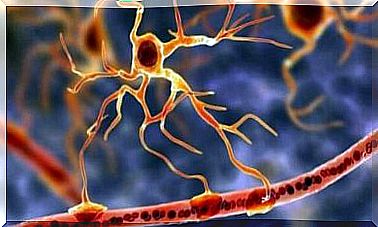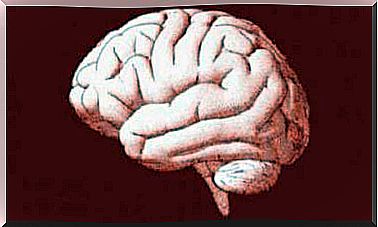The Paradox Of Happiness – What Is It And How Does It Work?

Happiness is one of the most used words we have in this world. In today’s culture, happiness represents the ultimate goal for many people. But this has not always been the case. In the past, the ultimate goal was to have children or property. In the modern world, it is the paradox of happiness that takes a leading role.
The paradox of happiness is that almost everyone wants to be happy, but they are not able to tell what happiness really is. And if you take it one step further and ask why people want to be happy, the answer often becomes even more vague. One would think that this was easy to answer considering how many people want to be happy, but…
If you want to continue to make life more complicated, you can ask yourself a third question. How do you achieve happiness? There are many answers to this question, and it all depends on who you ask. It can be things one achieves at work, success, a happy marriage… These are at least some of the most common answers. But it is still difficult to define how these things will lead to happiness or what you can expect to happen when finding happiness.
This means that almost everyone seeks happiness, but most do not know what it is or why they want it. And to take it one step further: Most people probably have only a hint of what they should do to achieve happiness. This is the paradox of happiness.

The paradox of happiness and dissatisfaction
Dr. Iris B. Mauss, a professor at the University of Denver, conducted two studies to find out how happiness really works. The results of these two studies are actually very confusing, and they also bring us closer to an explanation of what the paradox of happiness really is.
In the first study, she analyzed the following aspect:
- How important the individual considered happiness to be.
- What external factors were present where the person lived. That is, position at home, at work, access to the most necessary etc.
- The relationship between external factors and a sense of happiness.
The result was that people who thought happiness was extremely important felt more dissatisfied, even though they felt very good about external factors. On the other hand, those who were more neutral in their pursuit of happiness, or who did not care much about it, seemed more satisfied. This is despite the fact that their lives were often more difficult with poorer external factors. This conclusion is the essence of the paradox of happiness. In a way, one can trick the brain into being happy by not caring about happiness.

Happiness and loneliness
Researchers also conducted another similar experiment at the university. In this experiment , it was not measured how happy people were, but instead how loneliness was experienced by those who emphasized happiness and those who did not.
The results were very similar to what they found in the first study. Those who worked hardest to be happy were also the loneliest, while those who did not put so much into it did not feel lonely. Or at least they did not feel particularly lonely.
In other words , the first conclusion is that those who seek happiness focus more on themselves. The pursuit of success destroys the bonds one has with others, which in turn strengthens the feeling of loneliness. Again – this is the paradox of happiness.

The coordinates of happiness
From these studies we can draw some interesting conclusions. The first, and perhaps also the most important, is that external feats do not lead to happiness in themselves. This is the reason why many people feel a short period of pleasure after they have received something they really wanted, and then feel an discomfort that leads them to make new goals for themselves, and with it an unbreakable spiral.
Happiness must therefore be a process that happens inside us. A reality that only partly has to do with external factors. Perhaps it is as simple as that many who actively seek happiness really just want to get rid of the eternal feeling of dissatisfaction that lives in them. They do not understand that the paradise they are seeking is in reality within them.
On the other hand, these studies lead us to conclude that the idealization of the concept of happiness only leads to frustration. Those who accept that happiness is only a part of life are largely able to feel happier. Therefore, happiness should perhaps not be a goal, as this is exactly what makes people unhappy. This can also help us to accept the world as it is, and therefore also be happier.
What we vaguely call happiness is a feeling of joy and mastery, which occurs only occasionally. In any case, one should make a decision to be the best version one can of oneself, and if one is, happiness will come by itself.








